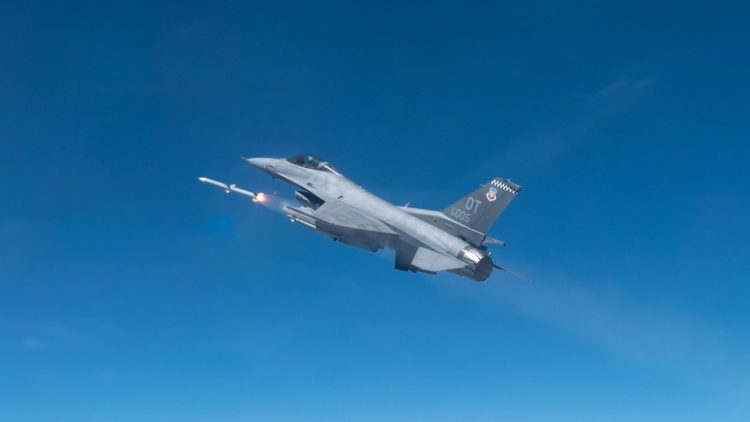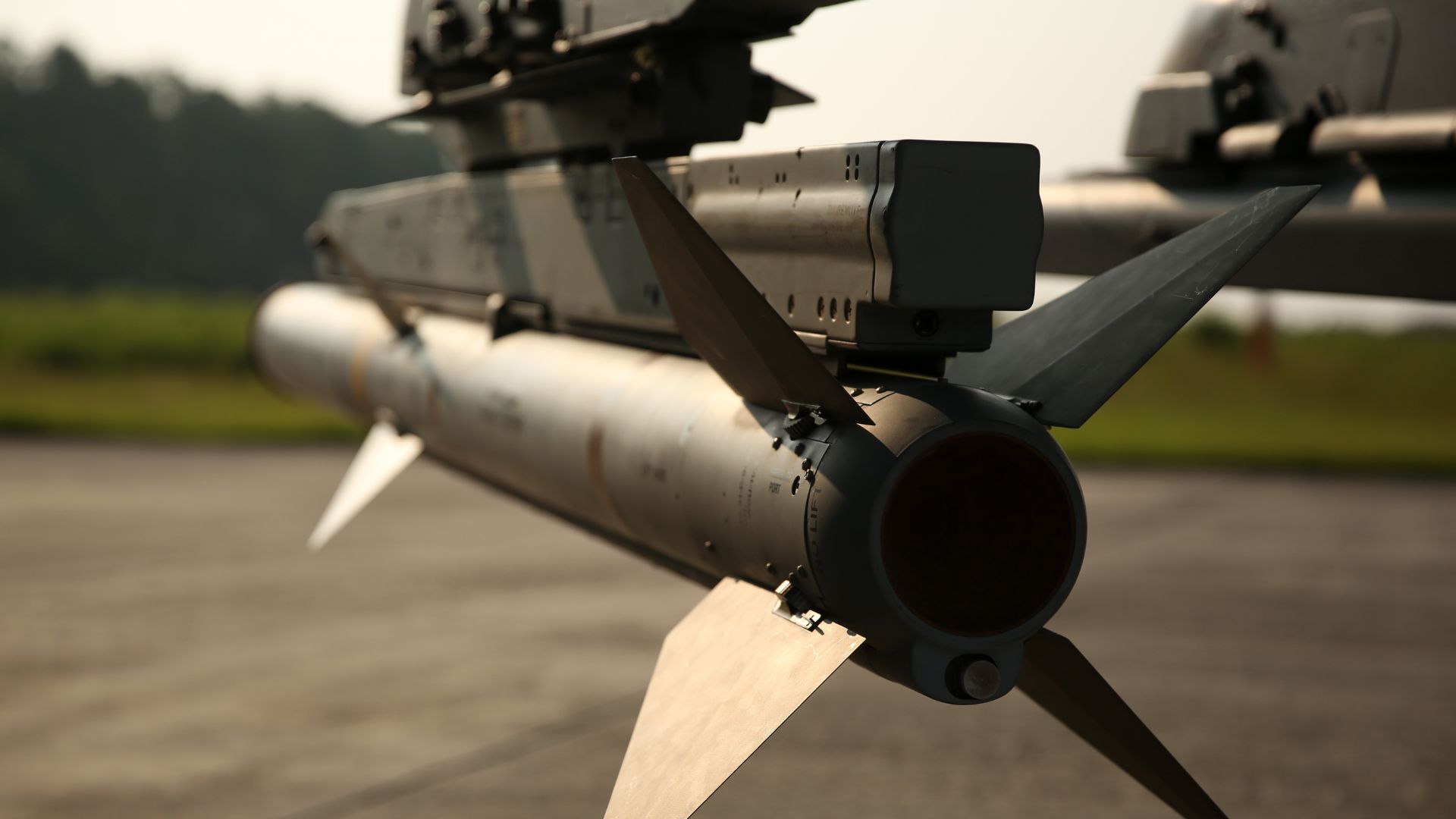A Regional Power on the Rise
Morocco’s commitment to military modernization has been evident in its growing investments in advanced defense systems.
In October, the Moroccan government announced plans to increase its 2025 defense budget to 133 billion dirhams ($13 billion), a significant jump from 124 billion dirhams ($12 billion) in 2024 and 119 billion dirhams ($11.4 billion) in 2023.
These investments reflect Morocco’s strategic intent to not only strengthen its armed forces but also expand partnerships and support domestic defense production.
This focus on modernization aligns with Morocco’s goal of becoming a regional leader in defense.
The acquisition of drones, advanced fighter jets, and sophisticated missile systems like the AMRAAM enhances its ability to project power and maintain security in a volatile region.
The approval of the AMRAAM sale is unlikely to significantly alter the military balance in North Africa, as emphasized by US officials. However, it does reinforce Morocco’s position as a formidable force for stability and deterrence.
The integration of advanced US military technology enables Morocco to better address regional security challenges, including countering the growing threats of terrorism and transnational trafficking.
Moreover, the sale sends a clear message of US commitment to its allies in a region increasingly influenced by external powers such as China and Russia. By equipping Morocco with advanced weaponry, the US ensures that its allies remain capable of addressing their own security needs while upholding shared interests in stability and peace.
RTX Corporation, based in Tucson, Arizona, will serve as the prime contractor for the AMRAAM sale. The implementation of this sale will not require additional US personnel in Morocco, underscoring the advanced training and operational independence of Morocco’s armed forces.
Furthermore, there are no offset agreements involved in this deal, simplifying the transaction and ensuring a streamlined process.
Final Thoughts on the Matter
The approval of the $88.37 million AMRAAM missile sale to Morocco represents a significant step in the ongoing partnership between Rabat and Washington. By equipping Morocco with modern, high-performance defense systems, the US not only strengthens an important ally but also reinforces its strategic interests in North Africa.
As Morocco continues to modernize its military and expand its defense capabilities, this sale highlights the enduring importance of US-Morocco defense ties in fostering regional stability and security.











COMMENTS